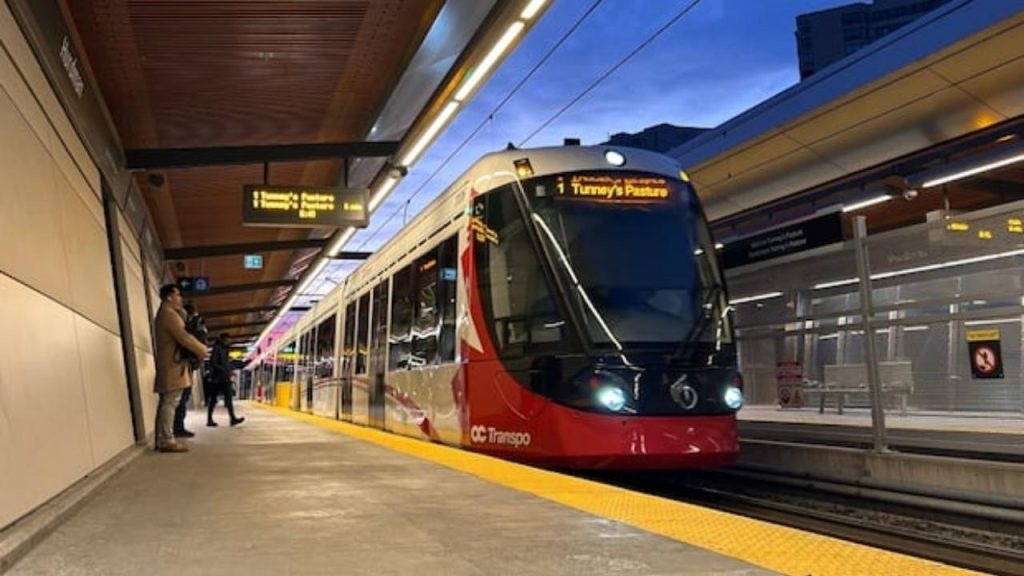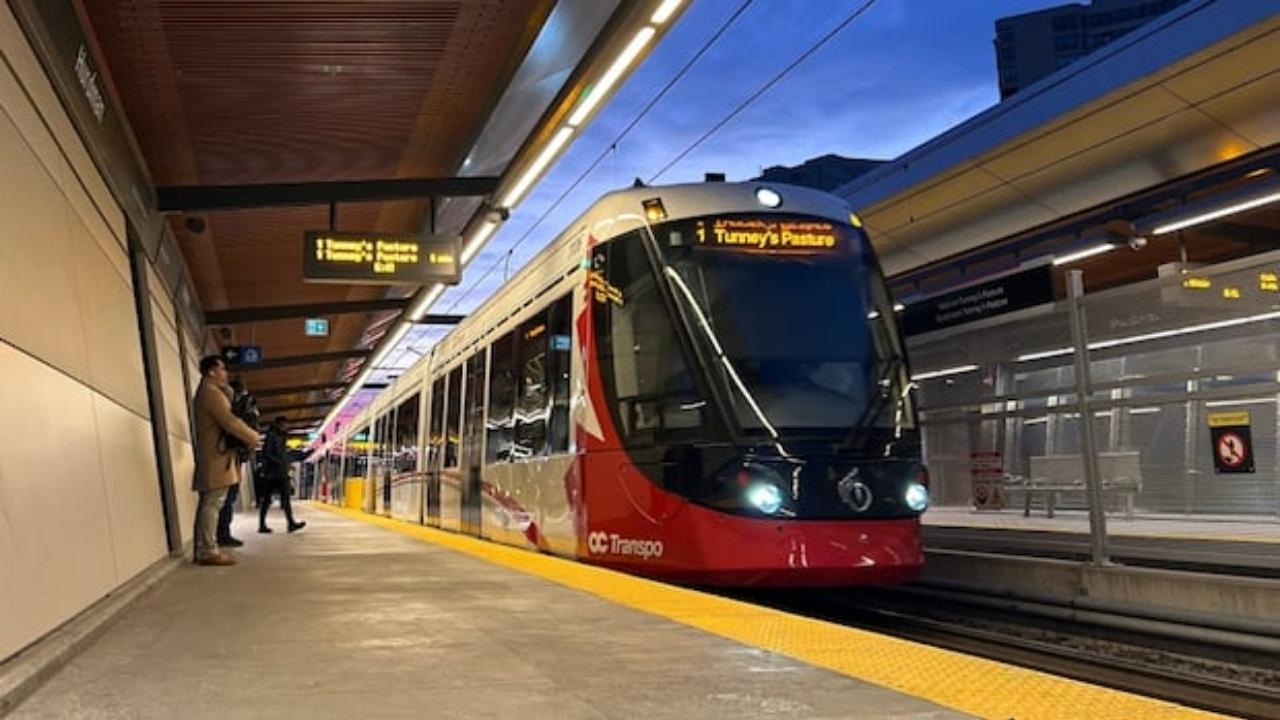The City of Ottawa is confronting a severe financial crisis as it prepares its 2025 budget, with a projected transit deficit expected to exceed $60 million. This shortfall places immense pressure on municipal finances and forces a difficult debate over steep property tax increases or significant cuts to public services, deepening Ottawa’s budget nightmare for councillors and residents alike.

Ottawa’s Budget Nightmare Returns
| Key Fact | Detail / Statistic |
| Projected 2025 Transit Deficit | Over $60 million |
| Post-Pandemic Ridership | Stagnant at ~75% of 2019 levels |
| Primary Challenge | Expiration of provincial/federal relief funding Ontario Ministry of Finance |
| Potential Tax Impact | Requires a property tax hike far above the mayor’s target to cover the gap |
The Scope of the Financial Crisis
Ottawa’s financial difficulties extend across multiple departments, but the transit system, OC Transpo, remains the epicentre of the problem. According to a preliminary budget forecast presented by City Manager Wendy Stephanson, the transit agency faces a structural deficit driven by persistently low ridership and rising operational costs.
“We are no longer addressing a temporary, pandemic-related issue,” Ms. Stephanson stated during a finance committee meeting. “The revenue from fares is not returning to previous levels, while our costs, from fuel to salaries, continue to climb. The relief funding that buffered us for the last few years is gone.”
This creates a significant hole in the city’s overall budget. Without new revenue or major spending reductions, the city will be unable to balance its books as required by provincial law. The challenge now falls to Mayor Mark Sutcliffe and the city council, who must navigate between politically unpopular options.
Navigating Ottawa’s Budget Nightmare: Unpalatable Options on the Table
City staff have laid out a stark choice for council: find the money through higher taxes and fees, or reduce the services that residents rely on. Both paths present significant consequences for the city’s affordability and quality of life.
Pressure on Property Taxes
Mayor Sutcliffe was elected on a promise to cap property tax increases at 2.5 per cent annually. However, preliminary models show that covering the transit deficit and other city pressures would require a tax hike of several times that amount. This has created a political standoff, with the mayor adamant about protecting taxpayers from a major increase.
“I remain committed to keeping Ottawa affordable,” Mayor Sutcliffe said in a statement. “We must find efficiencies and new ways of operating before we ask homeowners to pay significantly more.”

The Specter of Service Cuts
The alternative to raising taxes is to drastically cut spending, with OC Transpo being the primary target. Proposed measures outlined in staff documents include:
- Reducing the frequency of buses on numerous routes, particularly during off-peak hours.
- Eliminating underperforming routes entirely.
- Postponing planned service expansions.
Transit Commission Chair, Councillor Glen Gower, has warned that such cuts could backfire, triggering a “transit death spiral.” He explained, “If we cut service, we make transit less reliable and convenient. This will inevitably drive more riders away, which in turn reduces revenue and leads to calls for even deeper cuts.” This outcome would disproportionately affect students, seniors, and low-income workers who have no alternative means of transport.
Political Divisions Emerge at City Hall
The looming crisis has exposed fault lines among city councillors. Some progressive councillors argue that a higher property tax increase is a necessary investment to maintain a functional public transit system, which they see as essential for the city’s economic and environmental health.
“A world-class city needs a world-class transit system,” argued Councillor Shawn Menard in a recent social media post. “Expecting a 2.5 per cent tax cap while a core service is in crisis is not realistic. We need to have an honest conversation with residents about what it costs to run the city.”
Others on council have sided with the mayor, calling for a line-by-line review of all city spending to find savings. This sets the stage for a contentious budget deliberation process this autumn, where every dollar will be scrutinized. The final decisions on the 2025 budget are expected in early December after extensive public consultations and council debates.
Lidl Just Changed the Rules; What the New £13.95 Payment Means for Every UK Shopper
FAQs
1. What is the projected 2025 transit deficit for Ottawa?
The City of Ottawa is projecting a deficit for its transit service, OC Transpo, of more than $60 million for the 2025 budget year, according to city financial staff.
2. Why is OC Transpo losing so much money?
The deficit is a result of a structural problem. Ridership has not returned to pre-pandemic levels, leading to lower-than-expected fare revenue. At the same time, operational costs like fuel and salaries have increased, and crucial pandemic-related funding from the provincial and federal governments has ended.
3. What are the main options to fix Ottawa’s budget nightmare?
The primary options being considered are a significant increase in property taxes that goes beyond the mayor’s 2.5% cap, deep cuts to transit services, or a combination of both measures.





